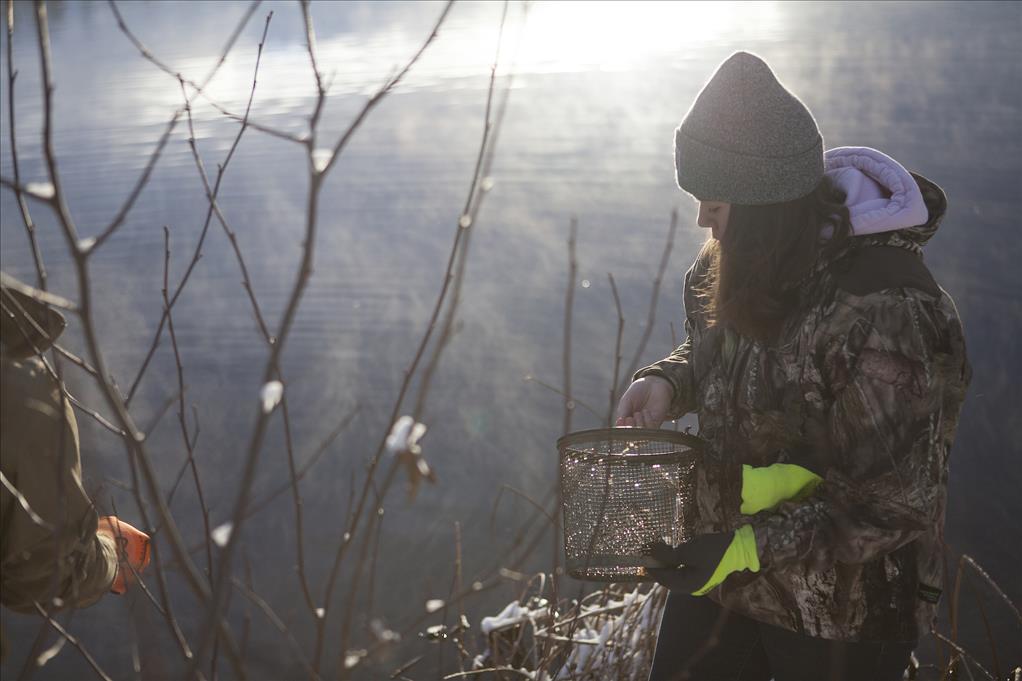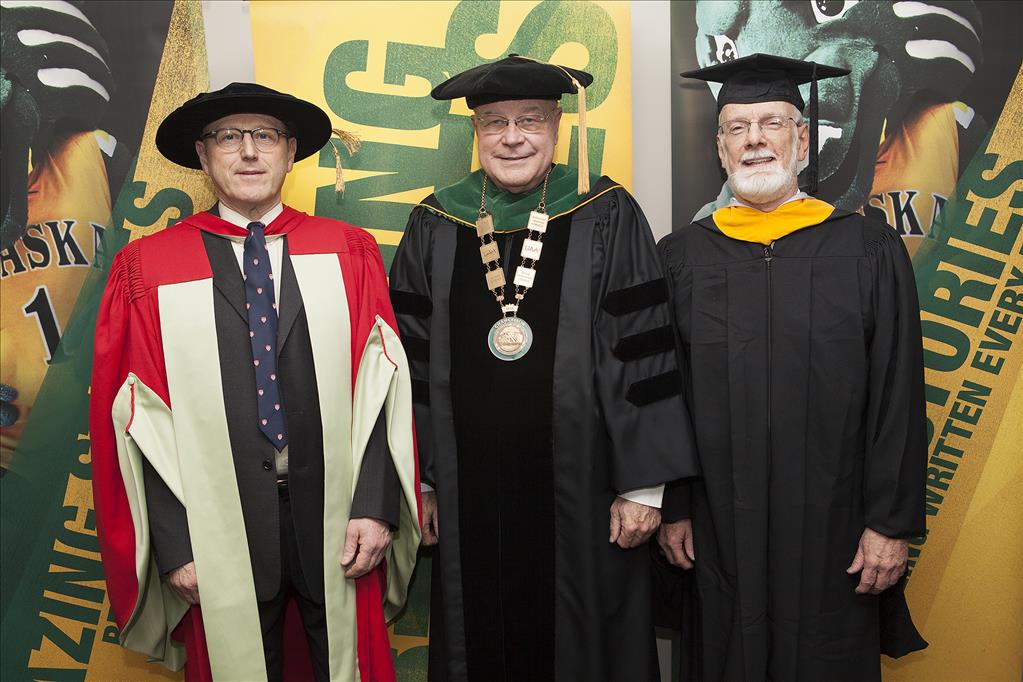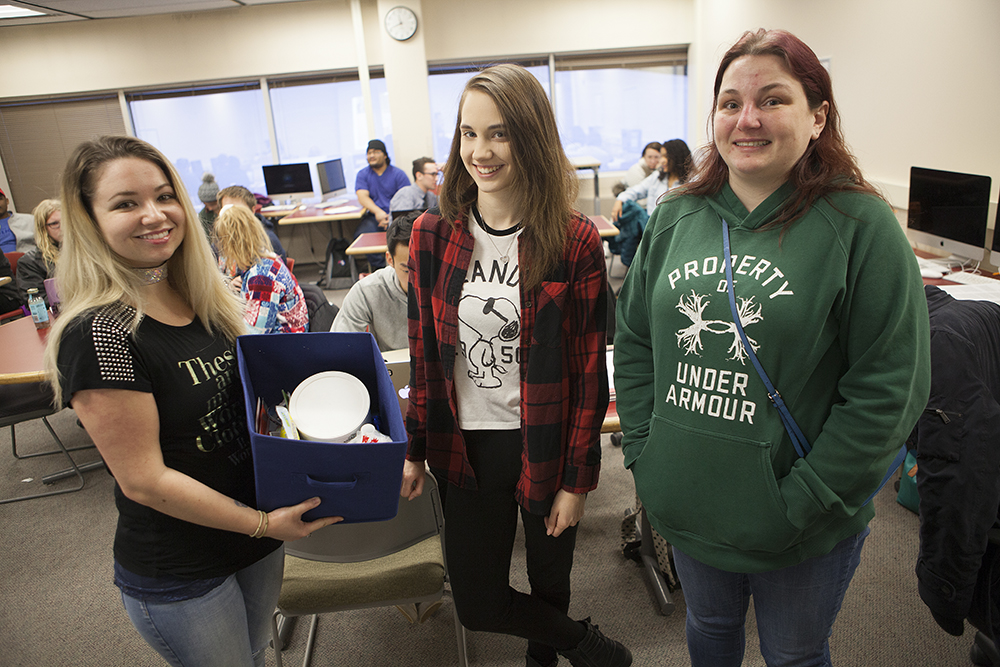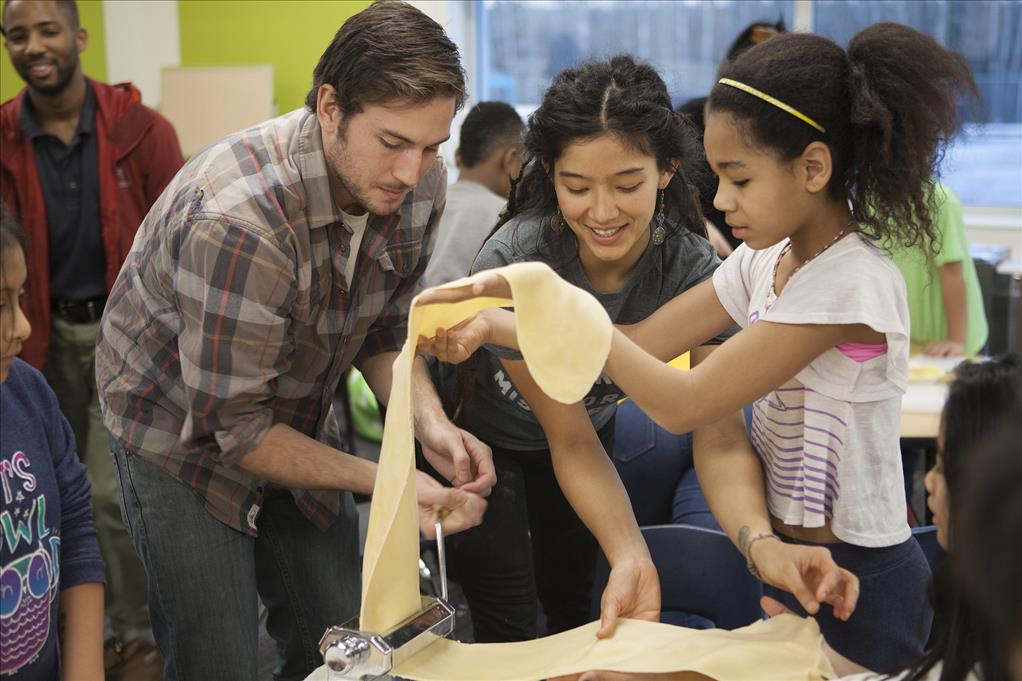UAA professor and students support OCS mission to keep Alaska children safe
by Kathleen McCoy |
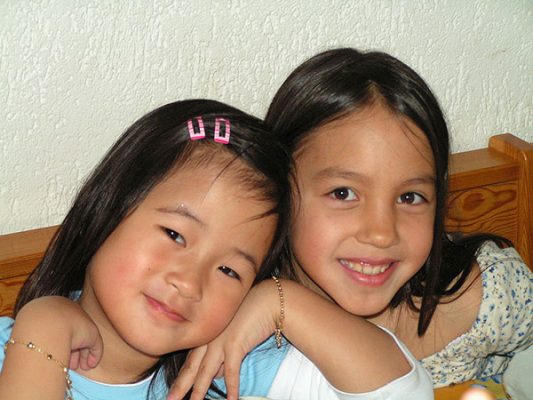
Two friends. This Wikimedia image is used under a Creative Commons License. Photo By Benjamin Gimmel, BenHur - FreePiP (Free Pictures Project), CC BY-SA 3.0,
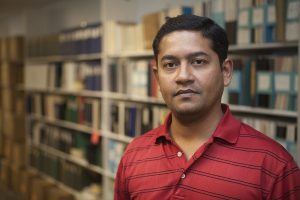
Diwakar Vadapalli, ISER. (Photo by Phil Hall / University of Alaska Anchorage)
One Alaska child out of 100 is in foster care because home is too dangerous. For Alaska Native children, the number jumps to three in 100; in Anchorage, it is six in 100.
Another difficult statistic: 30 percent of abused Alaska children are repeat victims. That rate is the worst in the country.
The Alaska Office for Children's Services exists to protect children. As the numbers reveal, serious social problems make that task enormous, unrelenting and difficult. Turnover in front line workers is about 30 percent annually, and that rate has persisted over the past decade.
In service to the challenges
One UAA professor, Diwakar Vadapalli, and now 15 students in his graduate-level research methods course at UAA, have stepped up in support of the OCS mission. This spring, they restructured and administered the OCS annual staff survey with the goal of better understanding stresses on frontline workers.
Their report, released in May by the Alaska Citizen Review Panel, finds that only four percent of surveyed workers said they felt the public understands their role, making a difficult job even more stressful.
"Given the nature of the work and the extent that its mandate authorizes OCS to reach into the lives of families and children, it is extremely important that communities understand the purpose and methods of OCS," the report found.
The staff survey also identified strong supportive relationships among OCS workers and supervisors, as well as a gap between training and the skills workers need on the job.
Christy Lawton, director of OCS, told Channel 2 News that the new staff survey and report was helpful to the agency. "They added a level of depth that ours hasn't had."
Learning opportunities
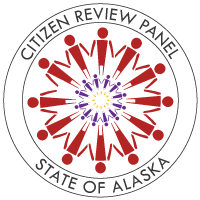
Alaska Citizen Review Panel logo. The panel is a mechanism for public participation in child protection policy.
For Vadapalli, chair of the Alaska Citizen Review Panel, the survey findings are a call to action. "For CRP, I am really interested in making it functional and meaningful." He and fellow panel members are dedicated to increasing public understanding of child protection issues.
For the UAA public administration students who helped Vadapalli on the OCS staff survey and report, the opportunity proved extremely valuable.
"As a graduate student, there is no greater gift than being able to actually contribute to a real conversation," said Carla Burkhead. "This project allowed us to translate what it means to be part of a community, to be part of solving community problems. What can we do for the most vulnerable in our population, so they don't have to be abused?"
Adam Schoffstall is an Army officer on a two-year education hiatus. He chose to pursue a master's in public policy at UAA because he thought the degree would be useful in any management or organizational leadership role he might have.
In Vadapalli's class, his group focused on a literature review for studies related to training of child protection workers. "We were looking for gaps in the literature. We combed through 20 different articles in academic journals, really honing in on training and picking up on key themes. From those, we developed our research questions."
Schoffstall valued the class. "The research methods course was excellent. No matter what line of work you do, being able to understand a social problem or policy dispute is important. The course made me confident in my ability to conduct research and look at difficult public problems and public policy issues."
Citizen oversight
Vadapalli, an assistant professor of public policy at the Institute of Social and Economic Research, became deeply engaged in issues of child welfare out of personal interest. After working more than two years in Sleetmute as an Indian Child Welfare Act worker, his compelling interest led him in 2012 to volunteer service with the Alaska Citizen Review Panel. He has been chair of the panel since April 2013.

An aerial view of Kongiganak, where Vadapalli traveled when he worked for more than two years as an ICWA worker . (Photo courtesy of D. Vadapalli/UAA)
This panel provides for public participation in child protection policy and practice. It is mandated by both federal and state law and allows Alaska citizens to engage in a public process to assist the state's child protection system-OCS-in being more responsive to community needs.
One of the biggest gaps, Vadapalli found, is visibility for CRP. "If people don't know there is a mechanism to participate, nobody will," he said. He and other CRP members have spent the past three years raising awareness by writing reports, making the website active and meeting with legislators, connecting with other oversight groups, and the national CRP network. The focus on restructuring the staff survey to better understand workforce turnover was a major initiative.
CRP and OCS
Since joining CRP, Vadapalli has devoted himself to developing goals, work schedules and a plan for carrying out the CRP mission. "We don't focus on outcomes," he said, "because outcomes are not always in OCS' hands. There are so many extraneous factors."
Instead, the CRP tries to understand whether local and state child protection services are adhering to policy: "Are they faithfully sticking to the policies that they should?" he asks. "Are the policies responsive to the needs of the community?"
As a way to ascertain this, the panel conducts up to five site visits around the state. "We meet with as many staff as we can, and any other community members and service providers that are available. In the site report, we share what we observed, what we think is working and what we think needs attention."
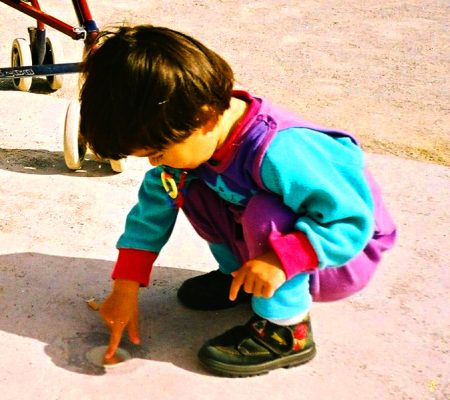
Child at play. Wikimedia image used with permission. Photo by Walter de Maria Vertikaler Erdkilometer.
One example Vadapalli offered was tribal-state relationships. In this year's site visits, the CRP made it a goal to better understand that relationship, "because, every time in the past, when we ask a tribal leader how is it going with OCS, the answer is, 'Oh, it's a mess.' Well, it can't be all messy for so many years with so many people working there. Something is off. We made it our goal to find out."
Vadapalli said that with a better framework for discussing tribal-state relations, the visiting team was able to identify many positives, along with expected areas for improvement.
CRP avoids intervention in individual child protection cases. "We are not social workers, we are not on the job. That's not CRP's role," Vadapalli said. "There are other systems for that."
After site visits, the CRP debriefs with OCS leadership. The citizen panel also shares a monthly teleconference meeting with OCS officials, a commitment to making the process work that Vadapalli appreciates.
The relationship between CRP and OCS is delicate, and Vadapalli understands why. "If you come in and say, 'I am the citizen and I am going to evaluate you,' that is scary. So it's been a challenge on both sides, on OCS and on CRP, to really figure out what the right relationship is."
For her part, director Lawton remains open to the relationship with CRP. "We have been working with Alaska Citizen Review Panel since its inception. We have a good relationship. We don't always agree, but we have good dialogue.
"We appreciate Diwakar's support and the student support conducting the staff survey...We're still combing through it. But all in all, it's been helpful and we appreciate their efforts on it."
Vadapalli hopes that the university's participation in the OCS staff survey might lead to other opportunities for research work in support of the OCS mission.
Next May, the Alaska CRP will host the 2017 national conference in Anchorage. They expect about 150 participants.
Written by Kathleen McCoy for the UAA Office of Advancement
 "UAA professor and students support OCS mission to keep Alaska children safe" is licensed under a Creative Commons Attribution-NonCommercial 4.0 International License.
"UAA professor and students support OCS mission to keep Alaska children safe" is licensed under a Creative Commons Attribution-NonCommercial 4.0 International License.










